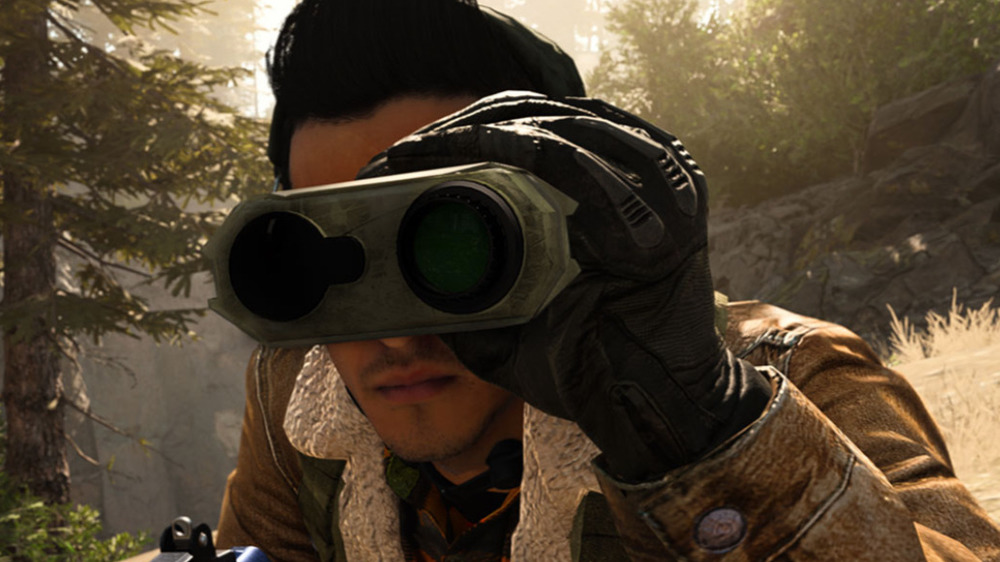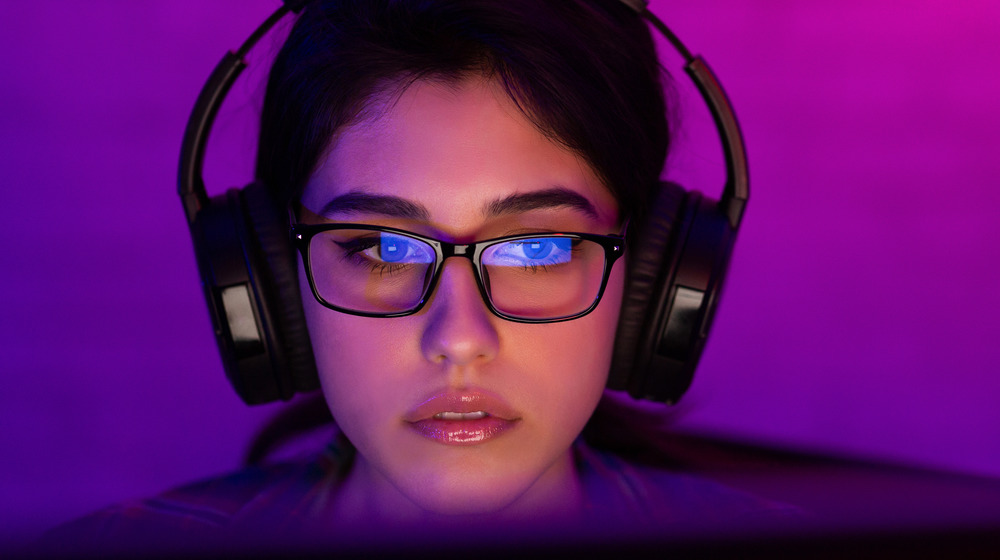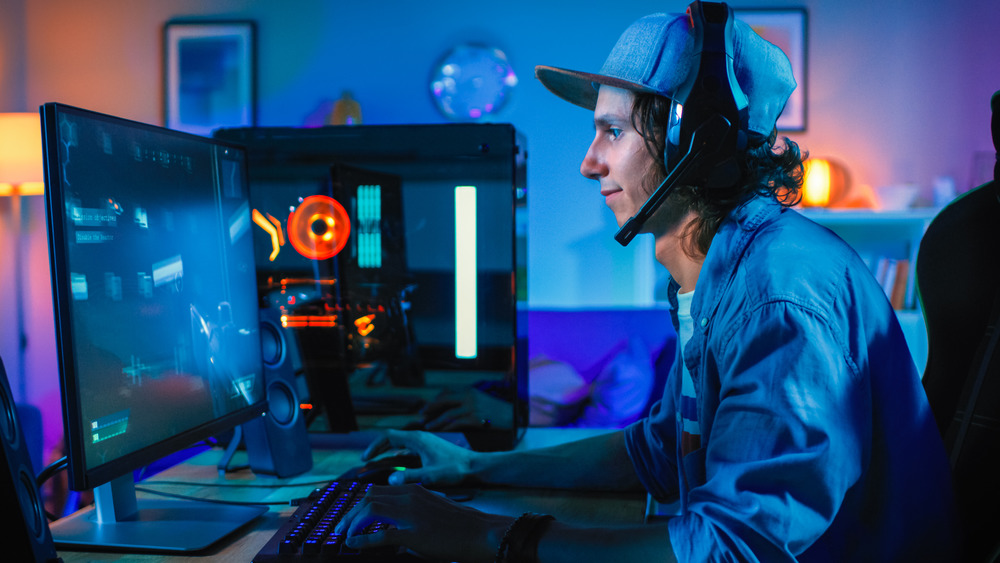Do Video Games Actually Help With Hand-Eye Coordination?
It's considered somewhat common knowledge that video games are good for your hand-eye coordination. A study by the University of Toronto in 2014 indicated that those who play action-intense video games were able to learn sensorimotor skills more readily.
On a certain level, this makes perfect sense. People playing video games need to exercise their hand-eye coordination all the time — so it would seem to be a given that their hand-eye coordination would improve. But there have been arguments about whether video games really improve hand-eye coordination, or if they might just reveal someone's talents that are already there. Others argue that those who play video games may just be better at the type of tests given to determine hand-eye coordination, while still other studies indicate that there may be a "window of time" during which hand-eye coordination can be improved.
The actual truth may have to do with a number of environmental factors.
Games may not actually improve hand-eye coordinations
In a study called The Cognitive Neuroscience of Video Games, Professor C. Shawn Green and neuroscientist Daphne Bavelier pointed out that while it's intuitive that video games would improve hand-eye coordination, most training in visual acuity tasks only leads to an improvement in the performance in that specific task.
In other words, when you play Call of Duty, you get better at video games, not general motor function.
In 2006, a study at the University of Wisconsin found that action video games did not improve the reaction time or hand-eye coordination of college football players. Previous studies had found minor improvements, but no significant differences.
In another study, 31 gamers were compared with 31 non-gamers for pursuit rotor tasks. Gamers were seen to have better eye-hand motor coordination on a pursuit rotor. (A pursuit rotor is a type of visual motor tracking that requires someone to follow an object with a cursor.) The amount of time spent gaming and the length of experience with video games did not seem to affect how well each individual performed. In other words, it seemed more likely that familiarity with this type of hand-eye tracking may have been the distinguishing factor.
But gamers may still have better hand-eye coordination
Another study, published in the Journal of Endourology, took 11 medical students and exposed them to a variety of games, including Project Gotham Racing 2 and Top Spin. The study found that students with high gaming skill were likely to perform laparoscopic surgeries at a higher standard of quality. However, additional gaming time also didn't appear to improve these surgical skills. In other words, those who were already good gamers performed better in hand-eye tasks, but the act of playing games didn't appear to improve anyone's already-decent performance.
Another issue is that gamers may choose to game because they have superior hand-eye coordination. In a study from the Dominican University of California, it was pointed out that winning is positively reinforcing; those with the best hand-eye coordination and reaction times were more likely to win and therefore more likely to choose to play.
But there's an issue with many of these studies — they used adults. Emporia State University performed a study on second-grade children and found that children did see significant improvements to improvements to hand-eye coordination after playing video games. Together, some of these studies could indicate that gamers in general have better hand-eye coordination — and that they may develop as children, thanks to gaming.



